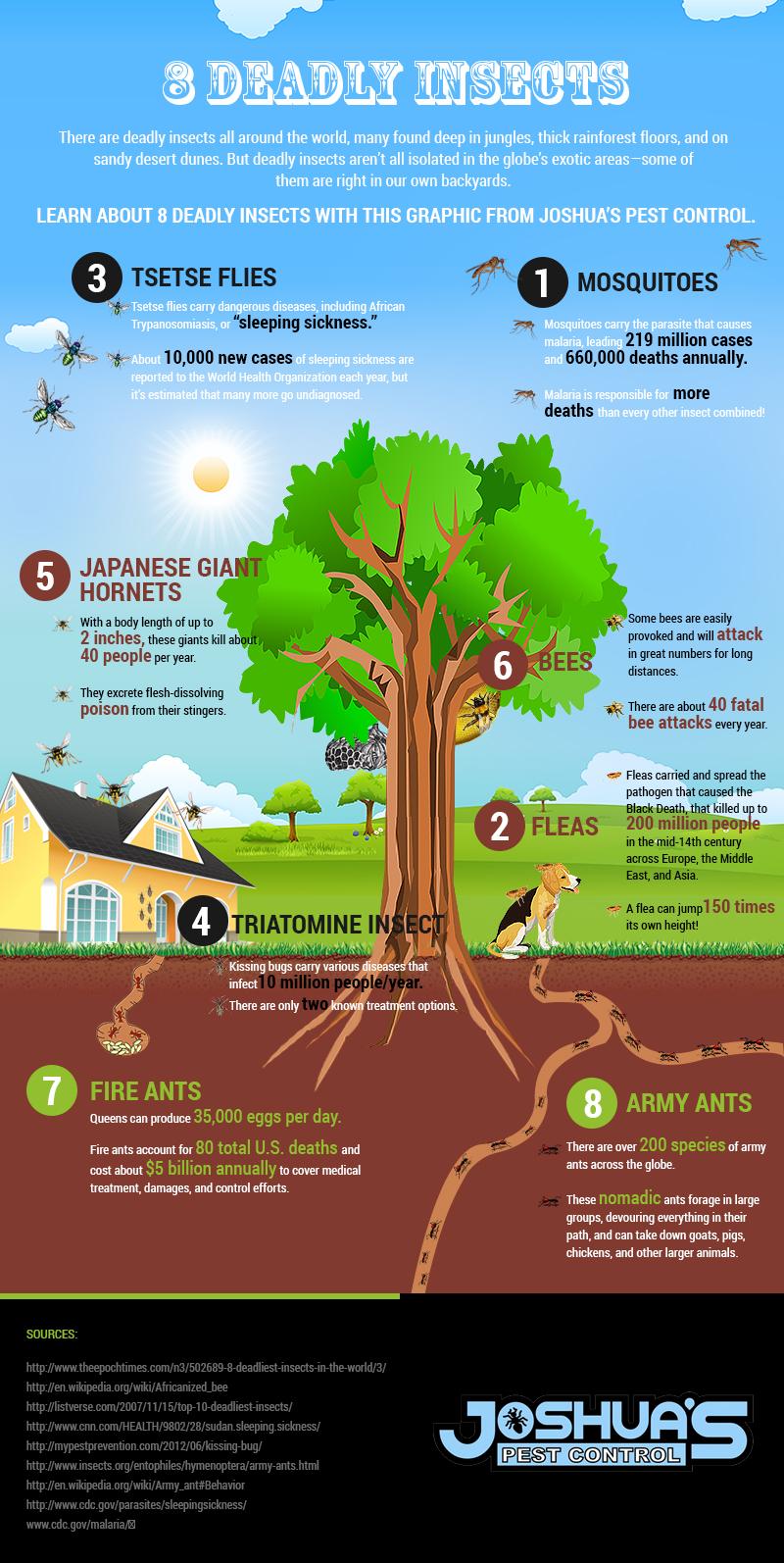Lasting Solutions For Pest Administration: An Eco-Friendly Guide
Lasting Solutions For Pest Administration: An Eco-Friendly Guide
Blog Article
click here Create By-Robertson Viborg
They state 'prevention is far better than remedy,' and this adage applies when it concerns pest control. You may know the value of keeping your home or business free from bugs, yet have you ever considered the environmental influence of the techniques utilized to attain this?
In this discussion, we will discover the different bug control techniques offered and their possible results on the environment. From using chemical pesticides to natural pest control approaches and sustainable methods like integrated bug administration, there is much to learn about the options we make and their effect on the world around us.
So, bend up and get ready to uncover the fact behind parasite control methods and their ecological consequences.
Chemical Pesticides and Their Environmental Effect
Chemical chemicals have a considerable environmental effect, which can be better understood by analyzing their use and impacts.
When you use chemical pesticides to control insects, they can end up hurting not just the targeted bugs but likewise advantageous insects, birds, and various other animals. These chemicals often linger in the environment, infecting dirt, water, and air. They can also gather in the food web, presenting a threat to human health and wellness.
On top of that, chemical pesticides can interfere with environments by exterminating all-natural predators of pests, causing a discrepancy in the ecosystem. In https://doublegpestcontrolquincyil.s3.amazonaws.com/dgpestcontrolquincyil.html , some pesticides have actually been linked to the decline of pollinators like , which are vital for plant reproduction.
It is very important to take into consideration these environmental effects when taking into consideration insect control techniques.
Natural Insect Control Approaches and Their Eco-Friendliness
Natural bug control techniques provide an environment-friendly option to chemical pesticides. By using natural components and approaches, you can successfully handle parasites while reducing damage to the atmosphere. Below are 4 environment-friendly pest control approaches to consider:
1. Organic control: Present all-natural killers, such as ladybugs or nematodes, to regulate pest populaces normally.
2. Physical barriers: Usage nets, displays, or row covers to literally protect against bugs from reaching your plants.
3. Companion growing: Expand pest-repelling plants alongside your plants to discourage parasites naturally. As an example, planting marigolds can ward off aphids and various other insects.
4. Self-made solutions: Develop DIY parasite control remedies making use of active ingredients like vinegar, baking soda, or essential oils. These natural treatments can assist drive away parasites without unsafe chemicals.
Integrated Bug Management: A Lasting Strategy
To effectively manage pest populations while decreasing harm to the environment, take into consideration taking on an incorporated insect monitoring strategy, which focuses on lasting methods.
Integrated Bug Monitoring (IPM) is an all natural strategy that integrates numerous parasite control methods to attain long-lasting bug administration goals. https://www.cbsnews.com/essentials/are-pest-control-companies-worth-it/ intends to reduce the use of chemical pesticides and instead stresses prevention, tracking, and using non-chemical controls.
By integrating multiple methods, such as organic control, cultural practices, and mechanical methods, IPM provides a reliable and sustainable option for pest control.
This technique not only decreases the negative influence on the environment yet additionally promotes the general wellness of ecological communities.
Final thought
So, now you know the ins and outs of parasite control techniques and their impact on the atmosphere.
From the damaging results of chemical pesticides to the eco-friendliness of natural parasite control techniques, it's clear that we have to prioritize sustainable techniques like integrated insect management.
Just like a fragile ecological community, finding the appropriate equilibrium is vital for maintaining our setting and keeping pests at bay.
